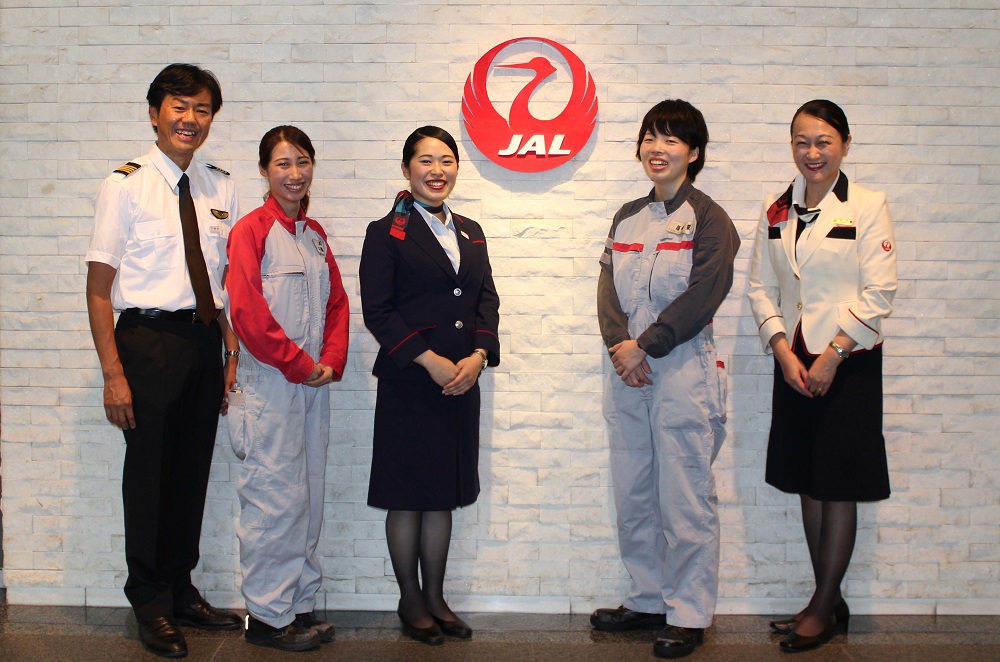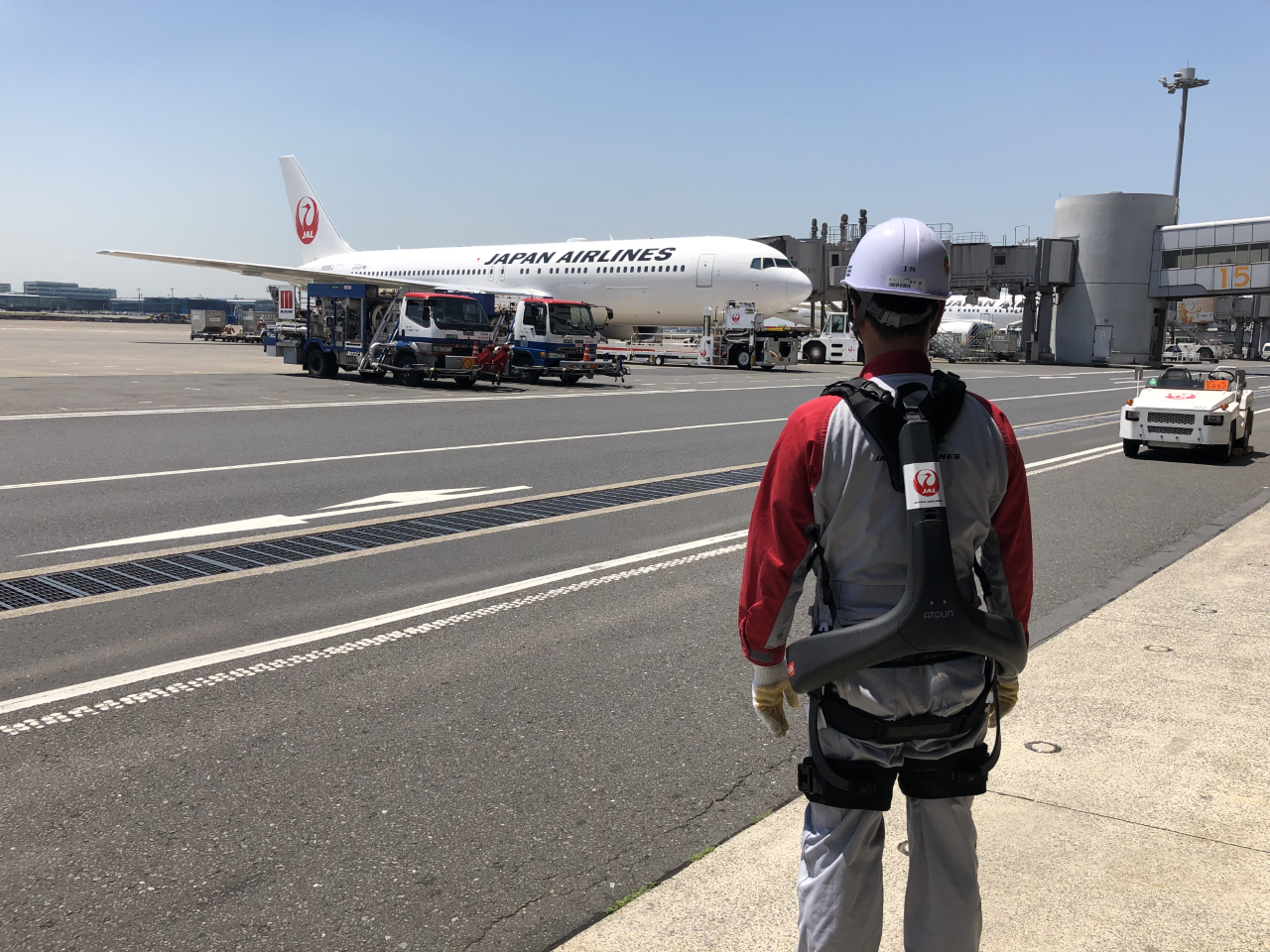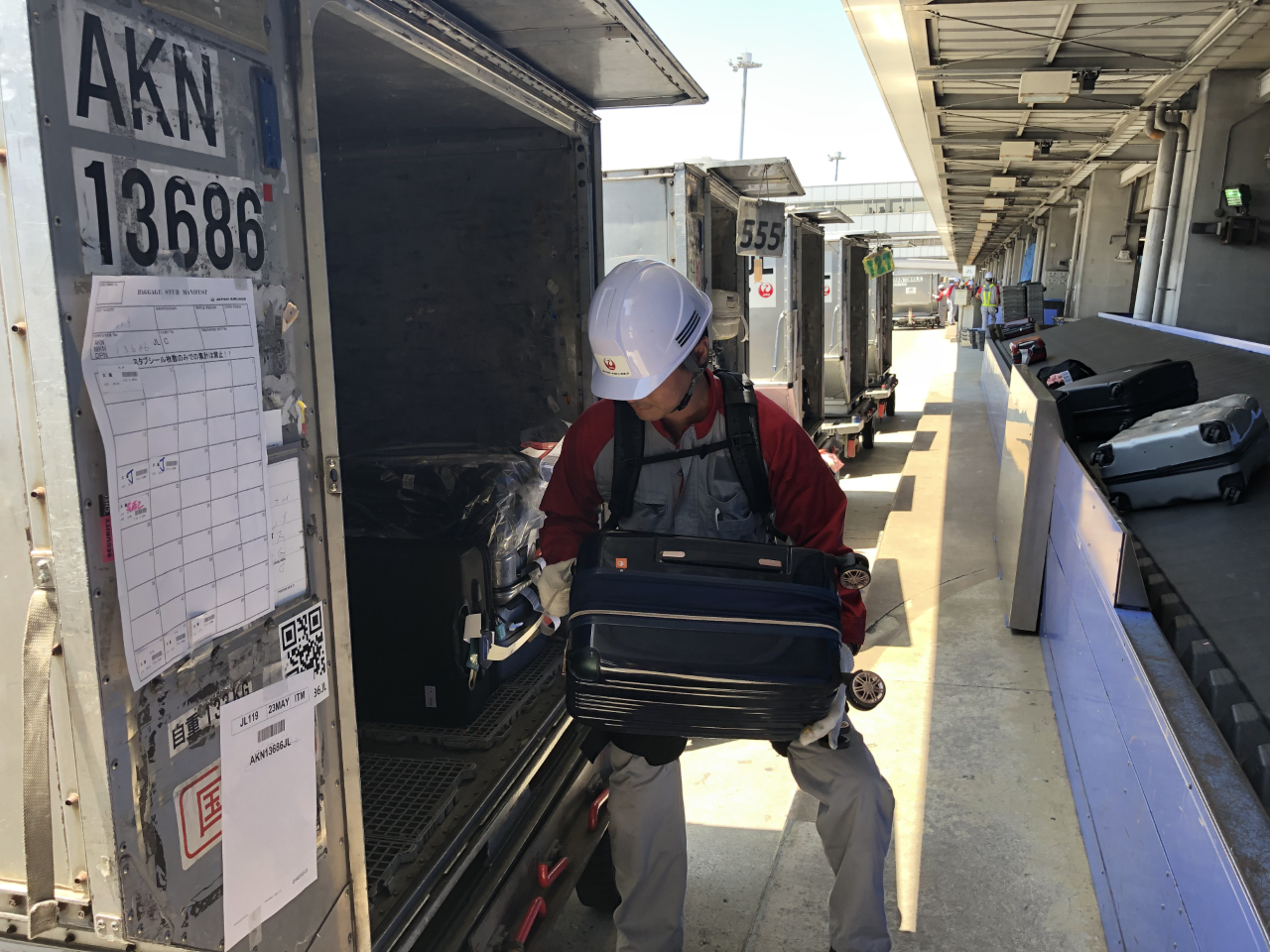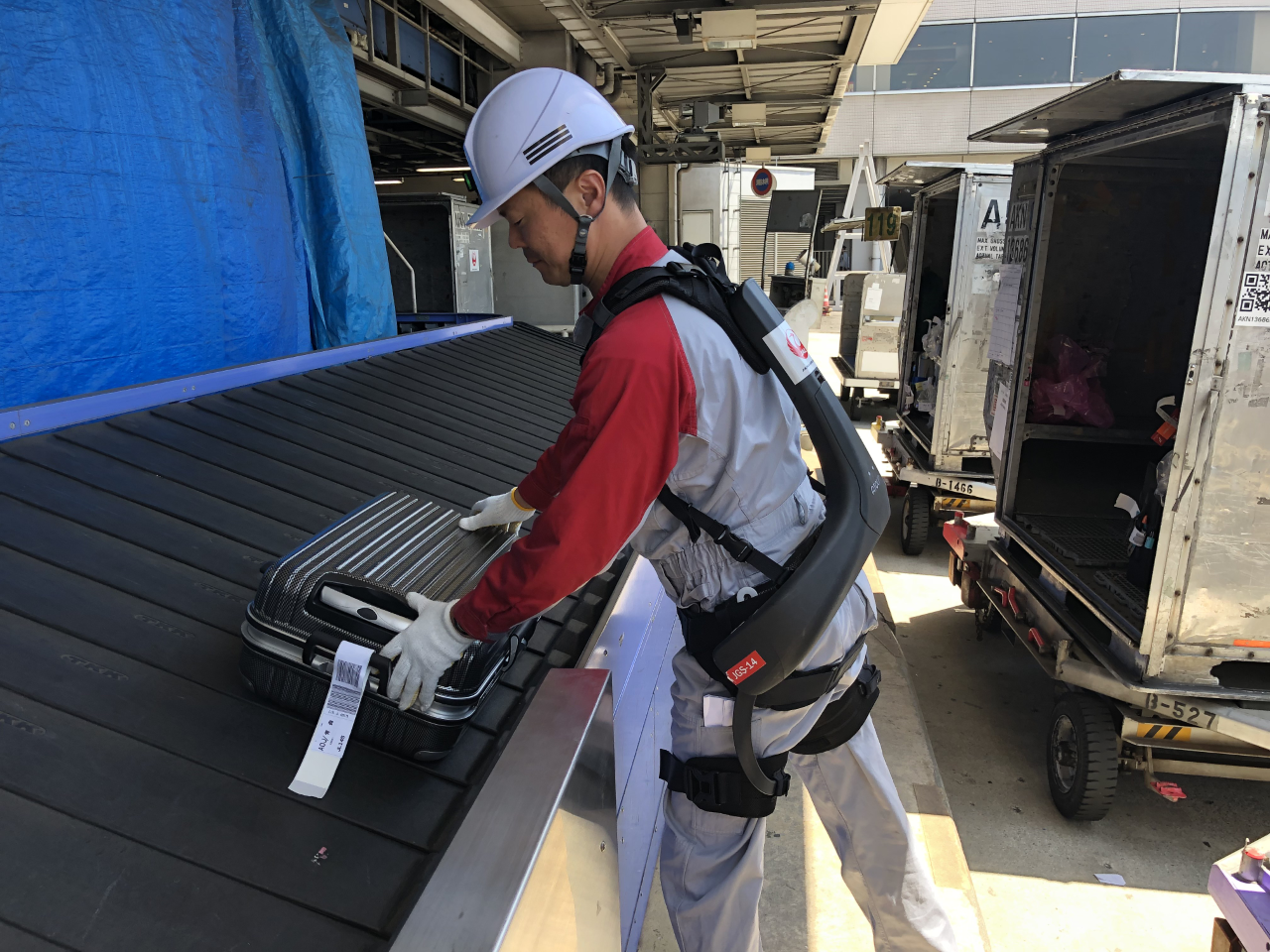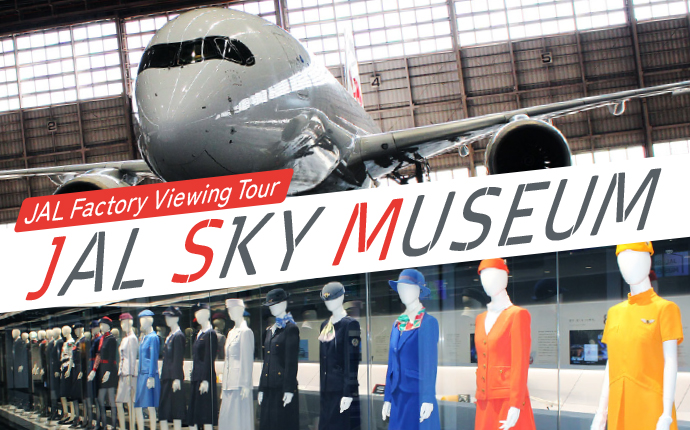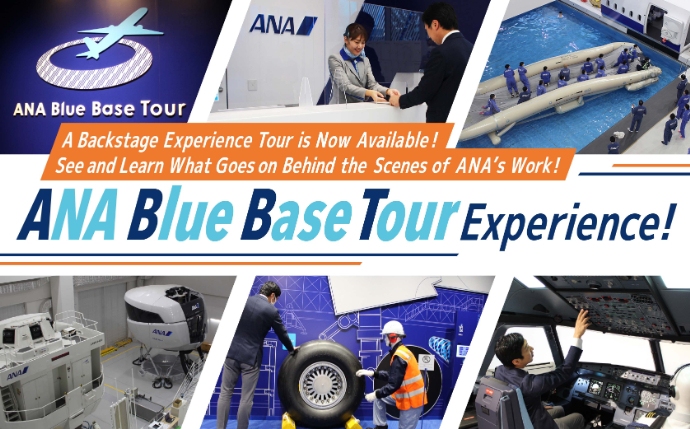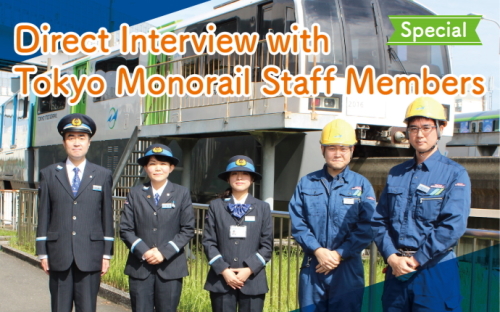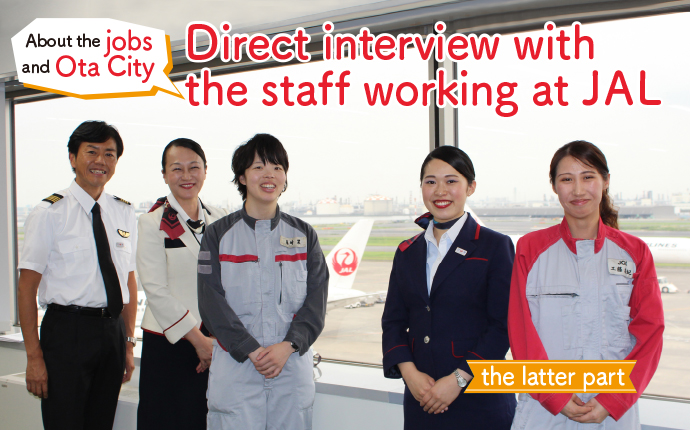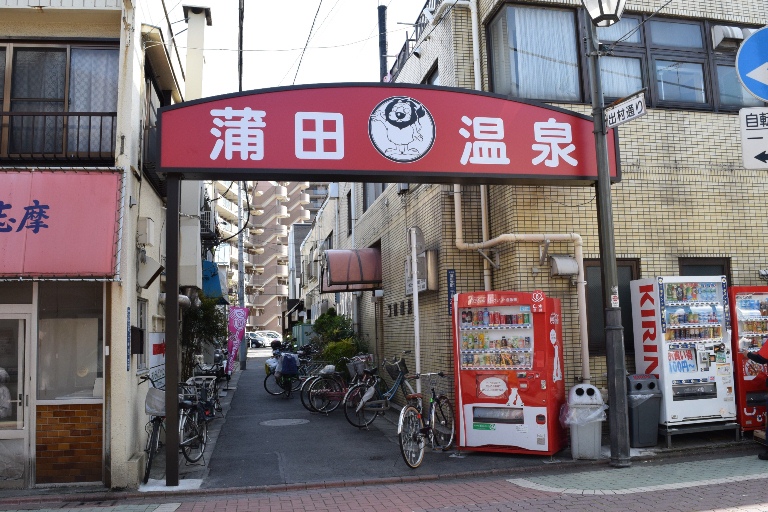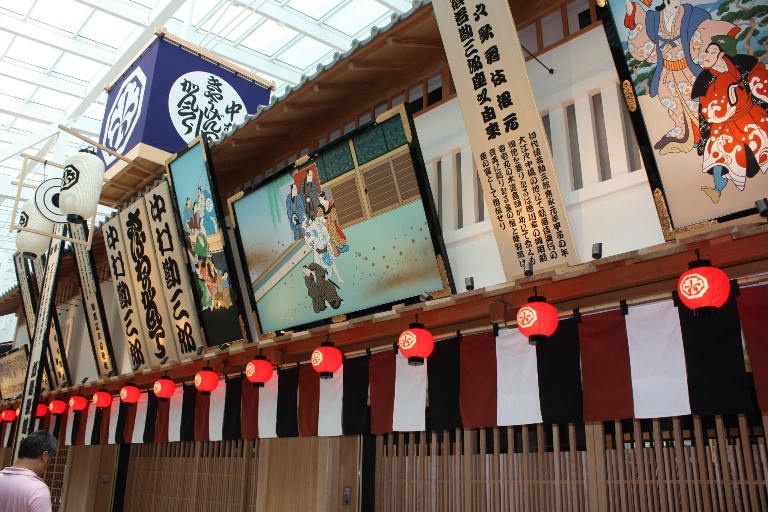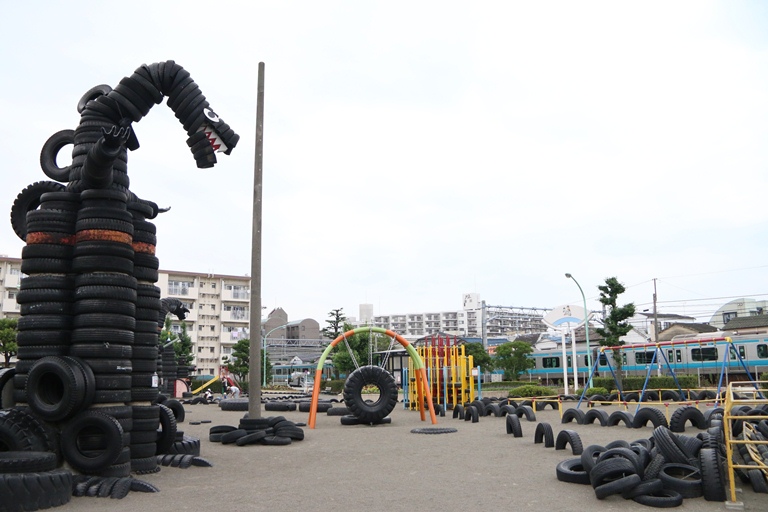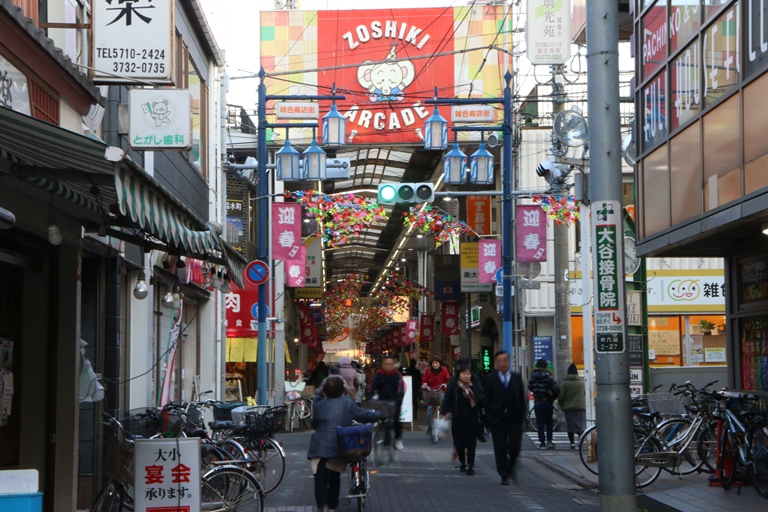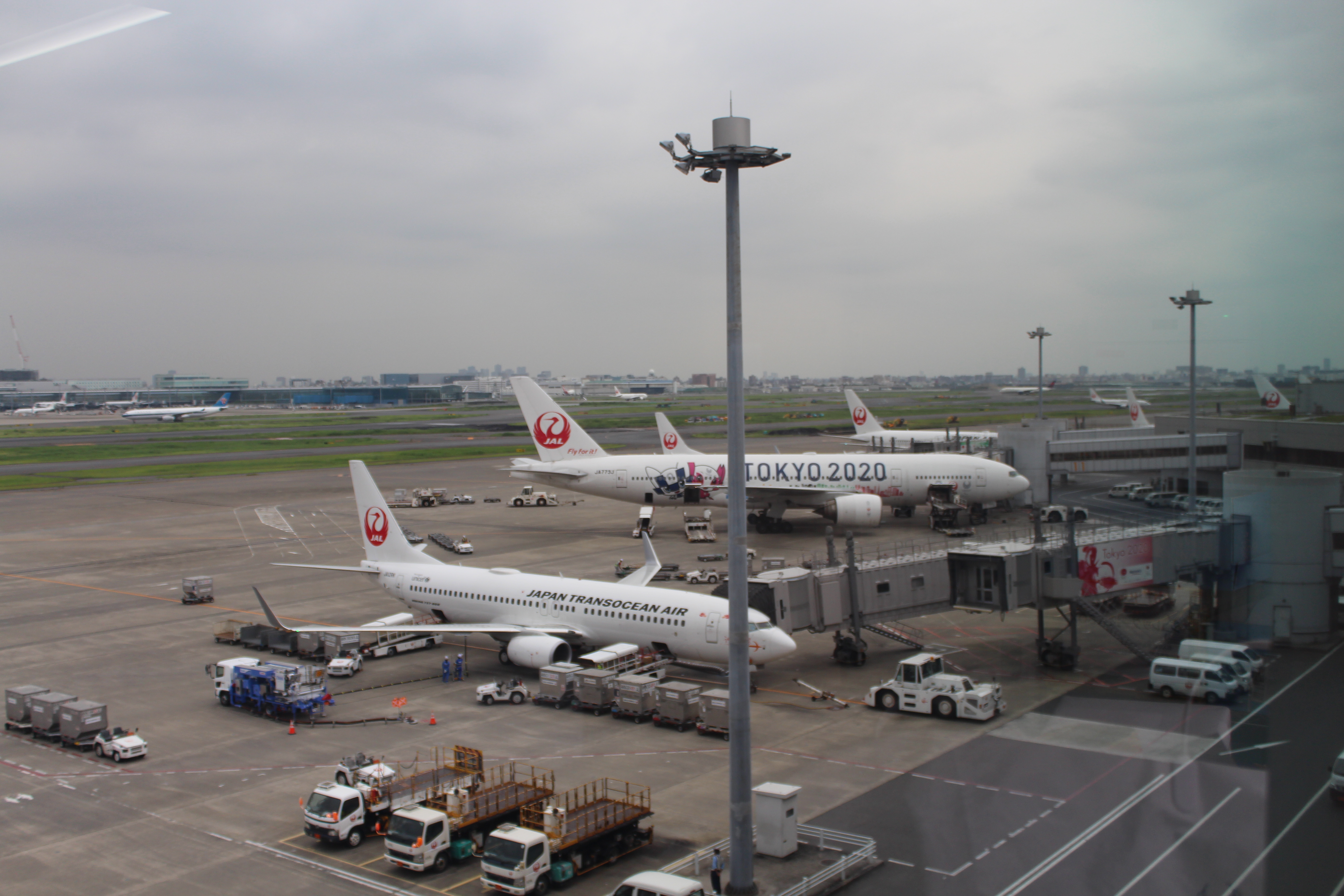
Haneda Airport is proud of the world’s 5th largest number of passengers.
We interviewed 5 employees of JAL who are working at Haneda Airport as a pilot, cabin attendant, ground staff, aircraft maintenance engineer/mechanic, and ground handling!
They told their valuable stories in the interview.
Interviewees:
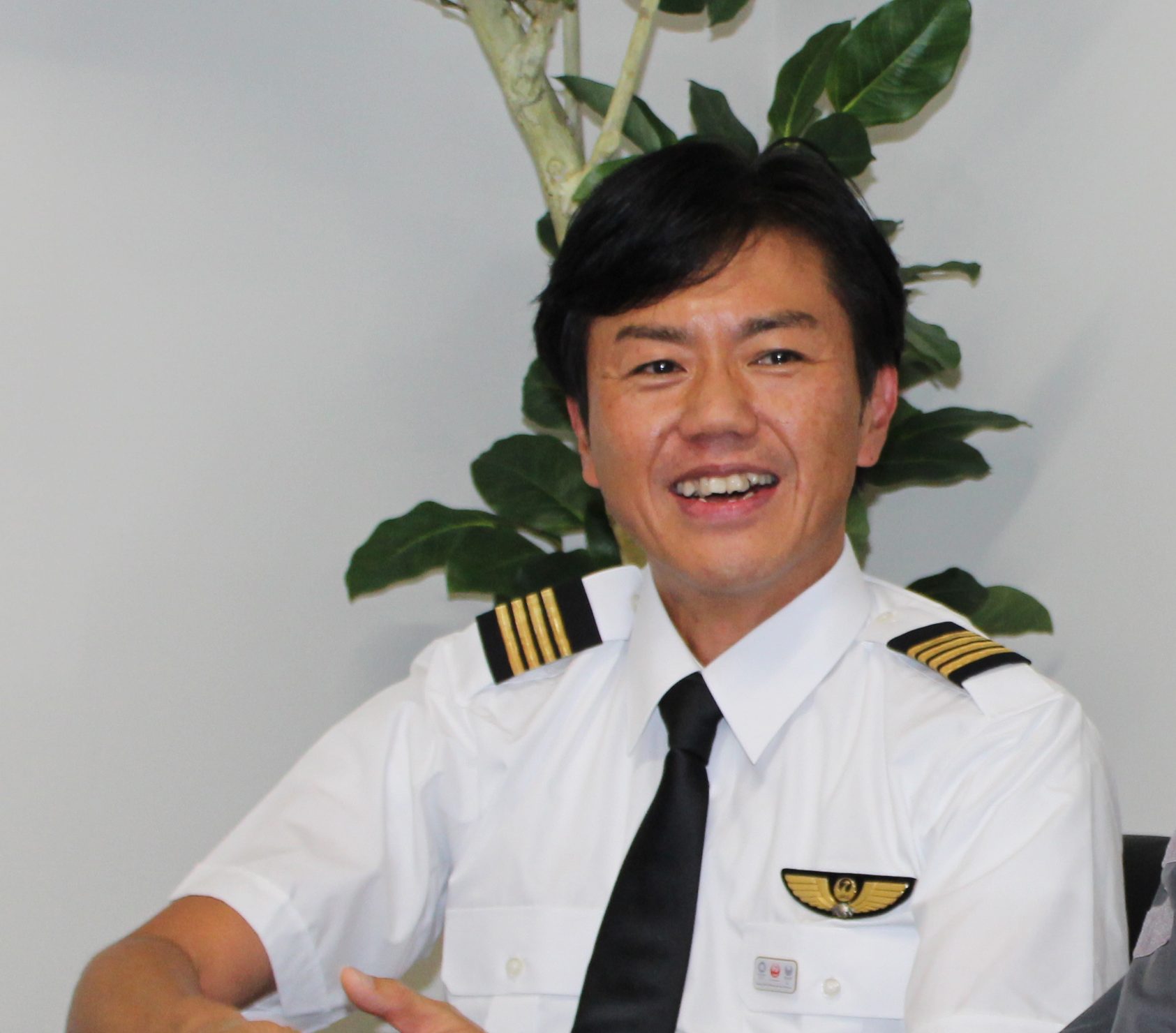
Mr. Jun Fukushima
Pilot,
Captain of B787
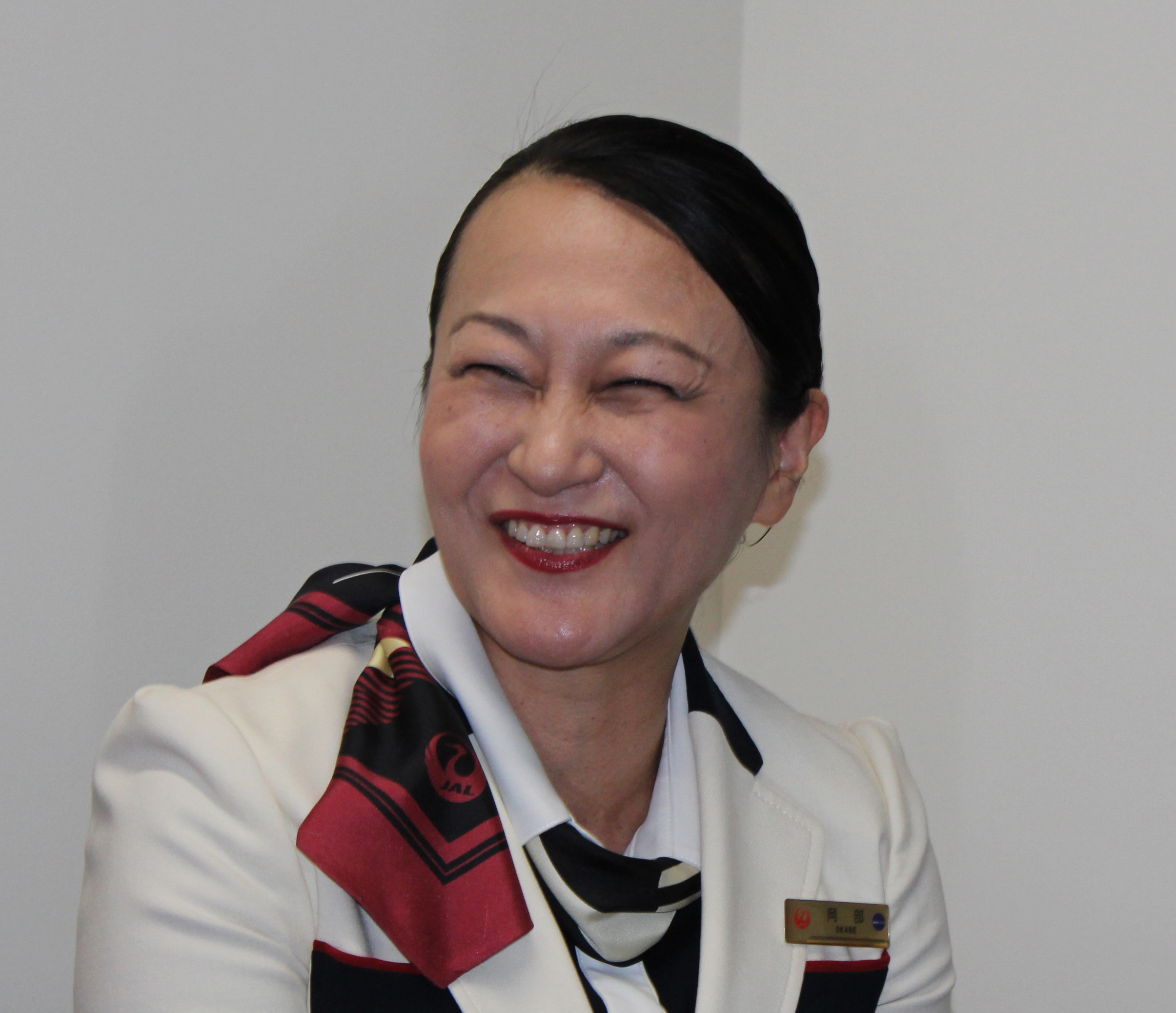
Ms. Yuri Okabe,
Manager,
Cabin Attendant
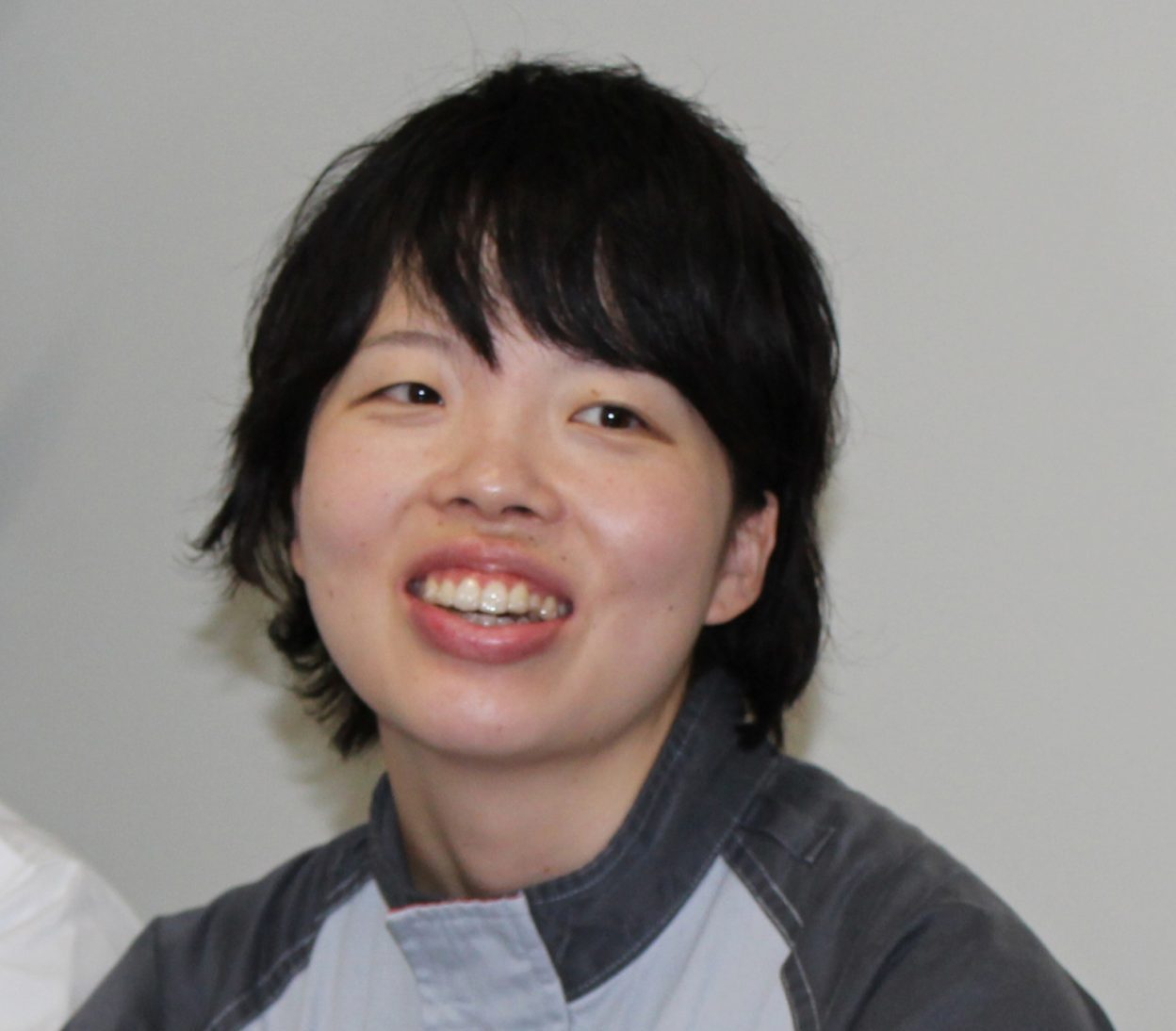
Ms. Shiori Shinozaki,
Aircraft Maintenance Engineer/
Mechanic,
Aircraft Inspection & Maintenance
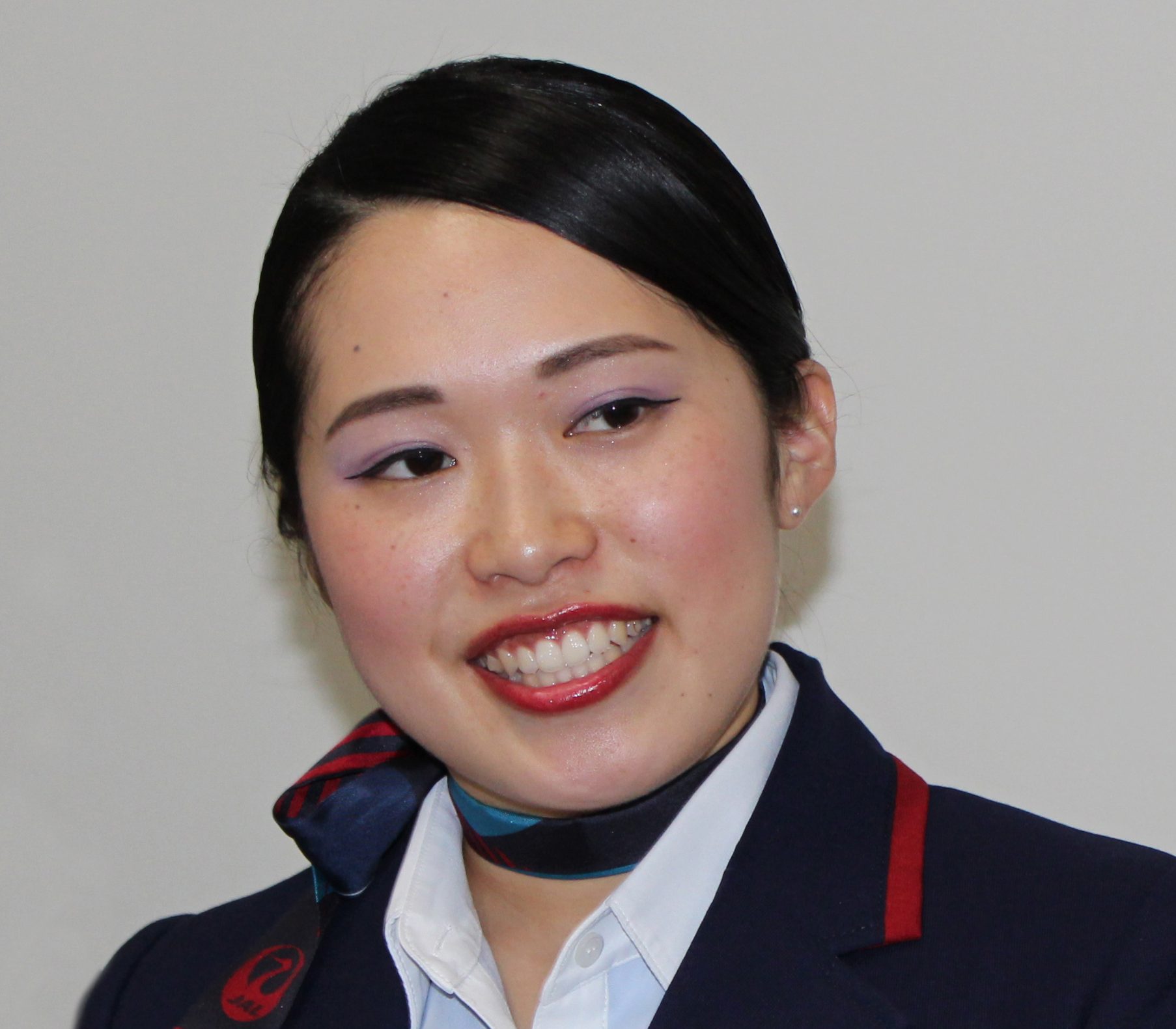
Ms. Yuki Wakabayashi
Ground staff
International Passenger Service
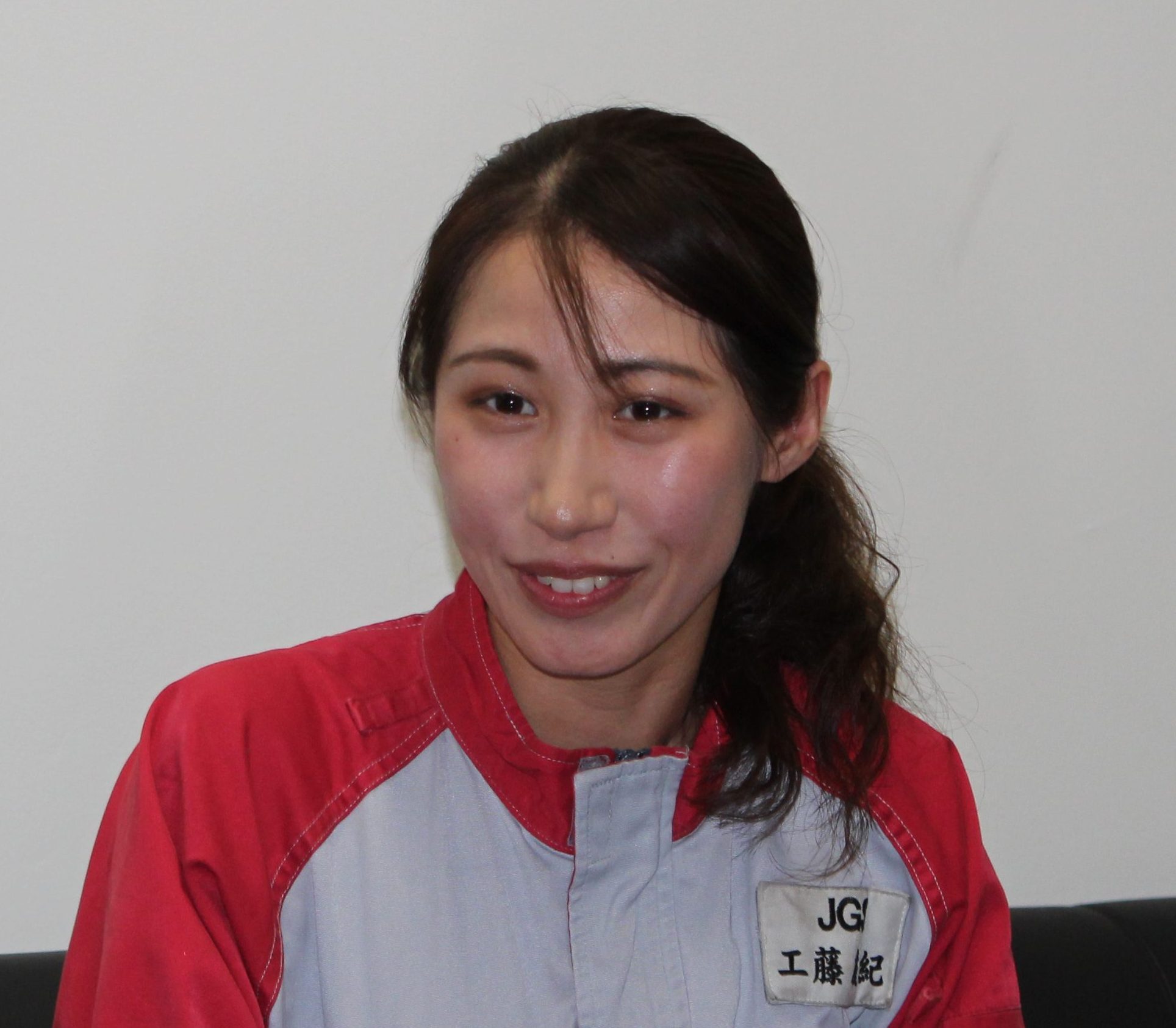
Ms. Yuki Kudo
Ground Handling,
Loading and unloading of baggage/
freight of international flights
――What motivated you to aim to get the job?
Mr. Fukushima, Pilot: It was my dream in my childhood to become a pilot. When I was a high school student, I was doing activities of an Aviation Club where I was maneuvering a glider. When I used the control stick of a glider for the first time, I thought, “This is it! This job is perfect for me!”
Ms. Shinozaki, Aircraft Maintenance Engineer/Mechanic: When I was senior in high school and thinking about my career, I saw a female aircraft maintenance engineer/mechanic in a rebroadcasted TV drama featuring airplanes, and I was highly motivated. I originally liked motorbikes and cars and my hobby was fiddling with machines, but I couldn’t fiddle with aircrafts as a hobby. So, I thought I would be able to do that confidently, if I become an aircraft maintenance engineer/mechanic. (laugh)
Ms. Kudo, Ground Handling: I as well as Ms. Shinozaki watched the TV drama when I was a high school student, and went on to a vocational school to become an aircraft mechanic. At that school, I leaned about the job called Ground Handling. The job covers a wide variety of work such as loading a container on an aircraft, adding a boarding bridge that allows passengers to board an aircraft from the terminal, and towing an aircraft that can’t go backward with a towing vehicle. I thought working in or near an aircraft would be fun, and I got the current job.
――What’s the most important thing to prioritize at your work?
Ms. Okabe, Cabin Attendant: The most important thing for cabin attendants is communication skills. In terms of the communication with coworkers, it’s important to be considerate of coworkers, always have gratitude, and work with a good teamwork so that we can provide the best service for customers.
Also, in terms of communication with customers, since meeting with customers might be a once-in-a-lifetime encounter, we try to perceive the states of our customers in front of us, and talk to them (“step in”, in our term) with consideration so that they can be satisfied with JAL’s services.
As new cabin attendants tend to hesitate to step in in some occasions, experienced cabin attendants visit customers with them and help them have a successful experience little by little.
In addition, as we have many foreign customers, communication in English is indispensable.
Ms. Wakabayashi, Ground Staff: I think communication is the most important for ground staff as well. As for the communication with customers, we wait on customers with thoughtfulness. In customer services at counters such as check-in counters, we try to perceive what customers want through the key words such as “honeymoon” or “birthday” in the conversation with customers, and make every effort to meet the customers’ demands. When an irregular event happens, we sometimes get scolded. However, we try to do our best with thoughtfulness even in a tough situation.
Additionally, when we work with coworkers, we thoroughly confirm our conversation. In our gate services at ticket gates, etc., we have conversations using a radio that is harder to catch than a phone. When we are working, battling with time, we try to surely complete our work without relying on speculation by having thorough confirmation.
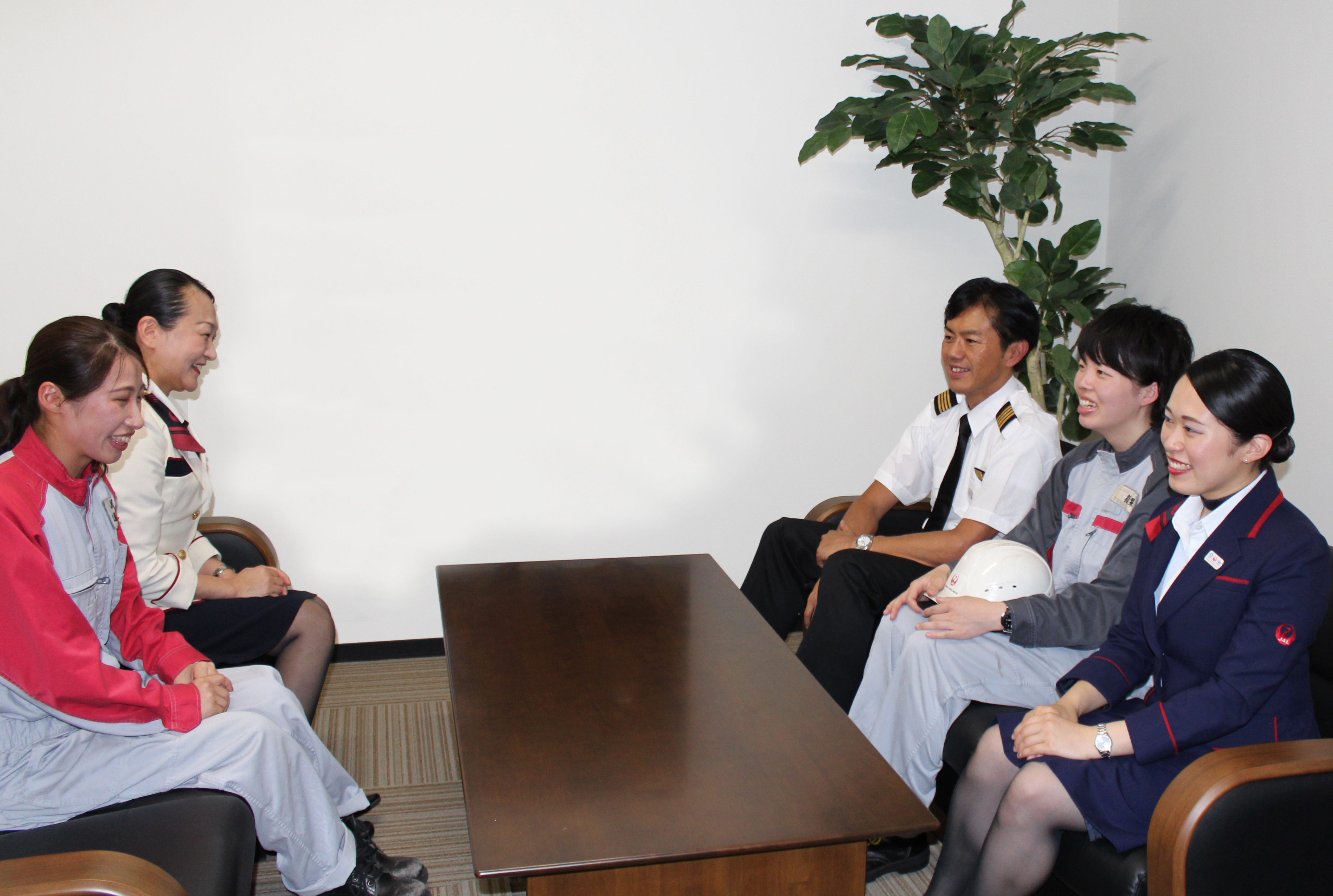
――Please tell us about your impressive episode.
Ms. Okabe, Cabin Attendant: A lady was boarding on a flight from Fukuoka to Haneda. As she looked happy in the airplane, I thought she was having a fun trip, so I “stepped in” when I saw her off at Haneda Airport. Then it turned out that she would meet her husband at Haneda Airport and travel to Hokkaido with him for their 30th wedding anniversary.
I told the ground staff who came to open the door about their schedule, and the staff told a staff working on the flight bound for Hokkaido. As a result, staff members such as the captain and co-pilot working on the flight gave them a surprise celebration card! After a while, we received a letter from the customer, saying, “We were so moved with the service, and the trip became a memorable one.”
Ms. Wakabayashi, Ground Staff: I entered the company last year, and I was learning from my mentors. As JL004 flight from Narita to New York had to return to Narita shortly after leaving due to a customer’s reason, we urgently arranged hotels for customers and guided them to the airport lounge. I just followed my mentors, but my mentors handled the situation calmly and politely so that the customers wouldn’t feel uneasy. The customers understood the serious situation, and we could guide them smoothly without having big complaints. After having the experience, I bear in mind that I should be calm and guide customers precisely and politely in any situation.
――Do you have any favorite airplane?
Mr. Fukushima, Pilot: My favorite airplane is Boeing 787 I usually get on. AIRBUS A 350 will be operated in September, but Boeing 787 has been our latest airplane. Boeing 787 has three features.
The first feature is its great fuel efficiency and eco-friendliness. The second is the improved comfortability. Boeing 787 is designed to reduce the pressure altitude, so it will be less likely that you have ear pain even at the time of taking off and landing, so you will be able to feel comfortable even in a long flight.
The third is its high performance. When it flies from Narita Airport or Haneda Airport to Europe or North America, it can fly keeping a high altitude. That means it can select the optimum altitude with less quivering, because it has a wide range of altitude selections. A new device has introduced into its measuring instrument, so its safety has further improved.
Ms. Shinozaki, Aircraft Maintenance Engineer/Mechanic:
My favorite airplanes are Boeing 767 and Boeing 737. The qualification I acquired at the vocational school for the first time was the first class aircraft line maintenance technician for Boeing 767, so I’m deeply attached to Boeing 767. Also, I acquired the qualification of the first class aircraft line maintenance technician for Boeing 737 for the first time after I entered JAL, so Boeing 737 is also my favorite. I deeply learned about the airplane, spending 2 years, so I have strong feelings for it.
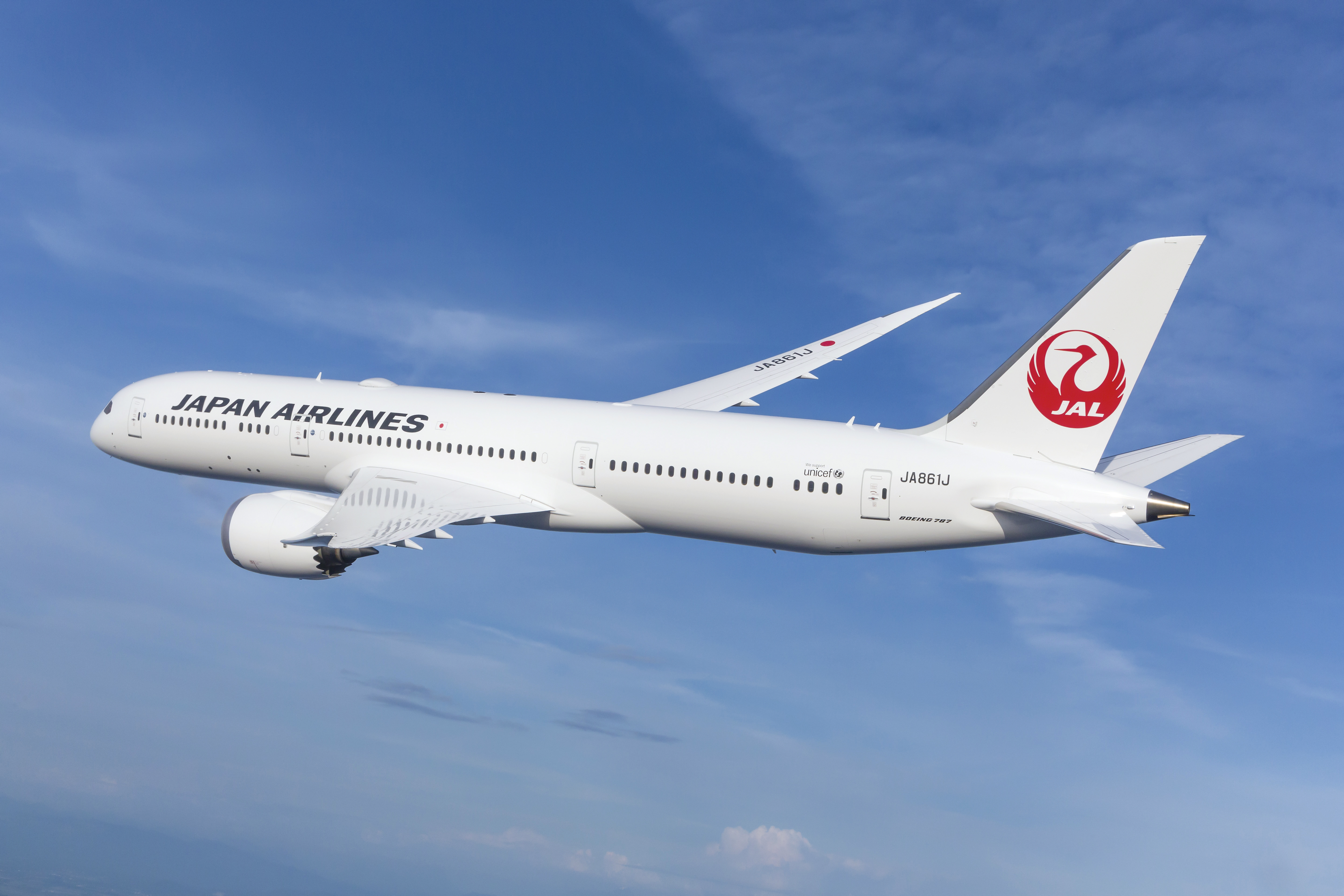
Boeing 787
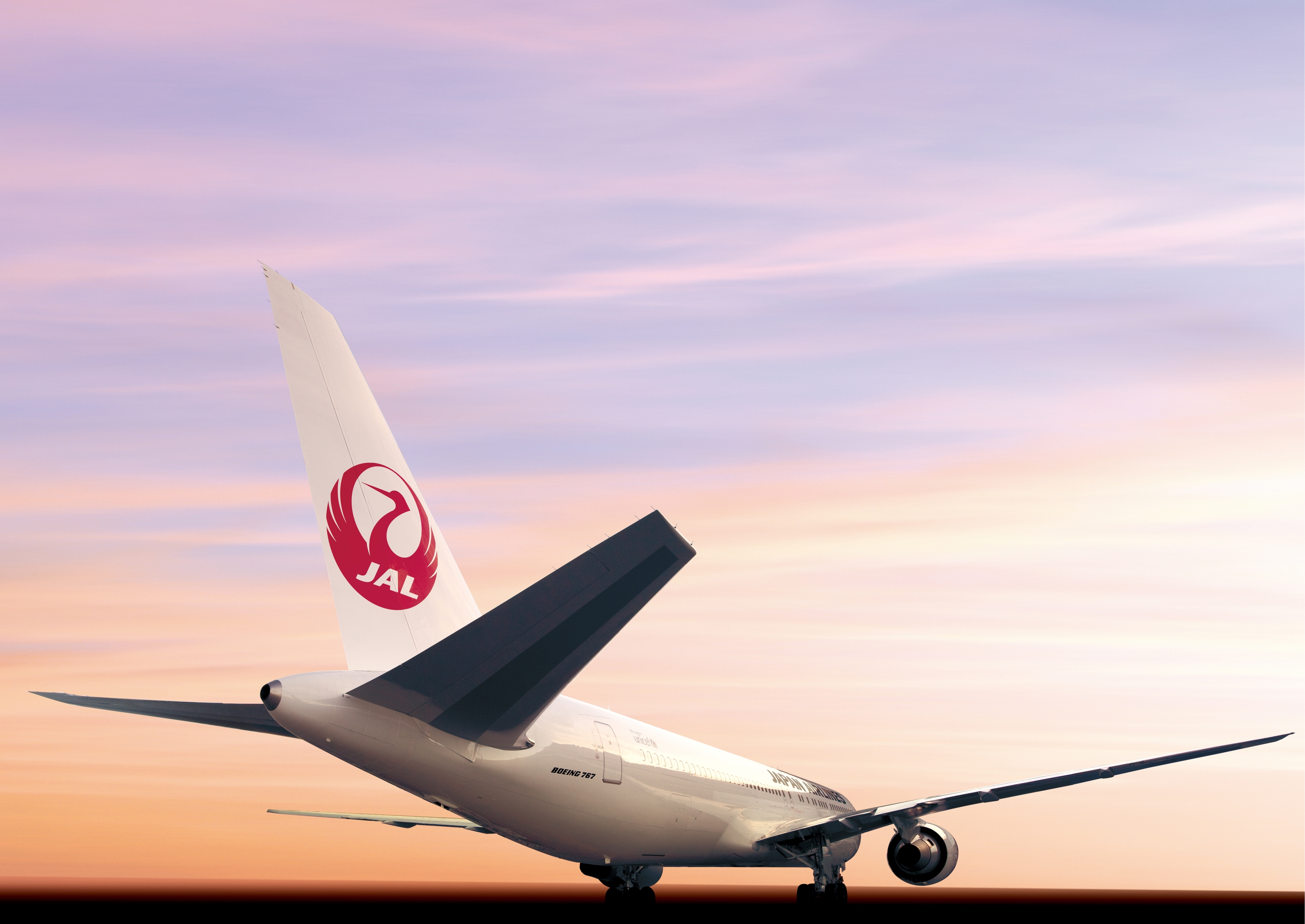
Boeing 767
――What are difficult things at your work?
Ms. Fukushima, Pilot:
Since pilots are entrusted with people’s lives, we have to overcome tough training, and the training was harder than I had expected. To keep the qualification, we have to endure tough training and pass the tests every year. We have a simulator test, physical examination, and skill test on a regular basis to check our skills from various aspects.
Ms. Shinozaki, Aircraft Maintenance Engineer/Mechanic:
I’m often involved in the maintenance of aircrafts at the aircraft hangar, but I sometimes do the maintenance of video display in an airplane. I have to do that between takeoff and landing, and a chief cabin attendant asks me, “How many minutes will it take to complete the maintenance?” It’s tough to do the maintenance, being pressed for time.
Ms. Kudo, Ground Handling:
It was much colder than I had expected when I worked outdoors. Currently, we have much export and import work and load freight from Toyosu Market onto the flights before noon. Our airplanes can’t depart before the freight is loaded, so we sometimes have to wait for the freight to be loaded, though the customers are already on board. In that kind of situation, when we can send off an airplane on time, we have a sense of achievement!
In ground handling, we have introduced a wearable robot, “Power Assist Suit” for the work of loading/unloading baggage. The Power Assist Suit can help humans unload heavy baggage from a belt conveyer by supporting the hip and back, preventing the body from going down suddenly. The burden to the body can be reduced regardless of age or sex, so I think it can be a reliable item.


